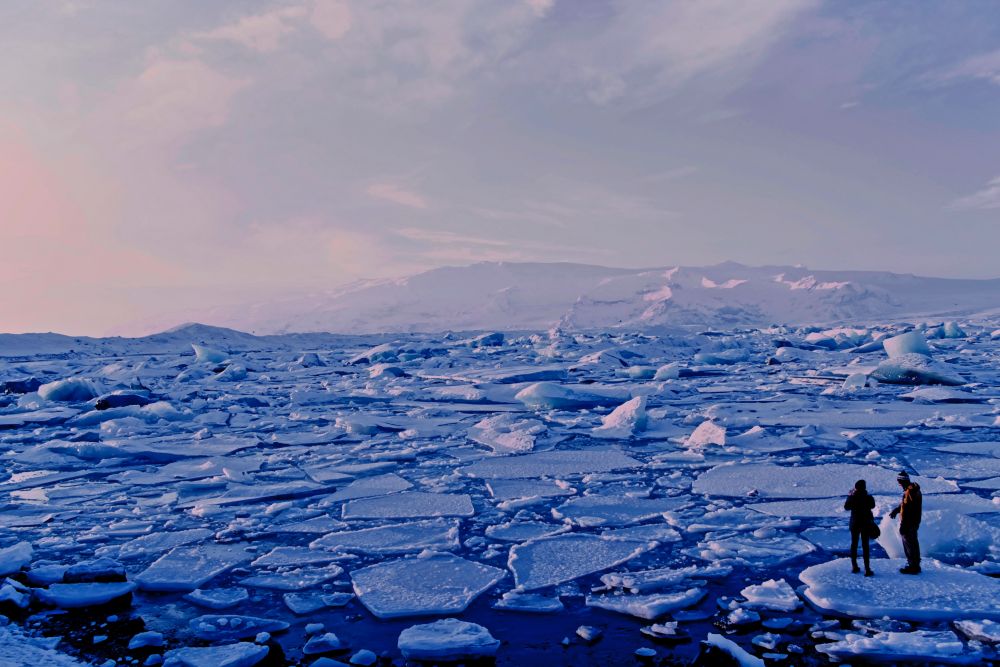Connect climate change to real stories and people, says new UN guidance
The UN has produced new guidance for how its scientists should communicate the impacts of climate change.

The UN has produced new guidance for how its scientists should communicate the impacts of climate change.
The handbook identifies six principles to effectively engage the general public in core messages about the threats and opportunities arising from climate change.
These include telling a human story, talking about the real world, knowing what matters to the audience, and employing visual aids.
It is primarily designed for use by the Intergovernmental Panel on Climate Change (IPCC), which produces regularly, objective assessments into its impacts.
The IPCC’s Head of Communication, Dr Roz Pidcock, explained: “For some, the topic can seem abstract and intangible…The abstract statistics that define the climate discourse can feel distant from their day-to-day experiences. In some nations, the issue is politically polarised; in others, the absence of a public and political discourse is the problem”.
Using metaphors and analogies is identified as being particularly effective in getting across the realities of what is happening to our planet. For example, describing the effect of greenhouse gases as like a ‘heat-trapping blanket’.
Furthermore, the idea of Earth’s atmosphere as a bathtub that is filling up with harmful carbon dioxide has also improved comprehension. This also helps convey the need to not only ‘turn off the tap’, but that greenhouse gases will still exist even when we do.
Elsewhere, the guide points to the benefits of framing the discussion in certain ways. Placing climate change in the context of how the planet is ‘out of balance’; how we should generally avoid waste, and suggesting the health benefits of cleaner air is more impactful.
Dr Pidcock continued: “Connecting with your audience on the basis of shared values builds trust between the communicator and the audience. There may be no ‘magic words’ that will resonate universally, but there are better and worse ways to start a conversation about climate change; more and less effective ways to use language and narratives”.
The full guidebook, written by communication group Climate Outreach, can be read here.
Image Credit: Roxanne Desgagnés





_400_250_80_s_c1.jpg)
